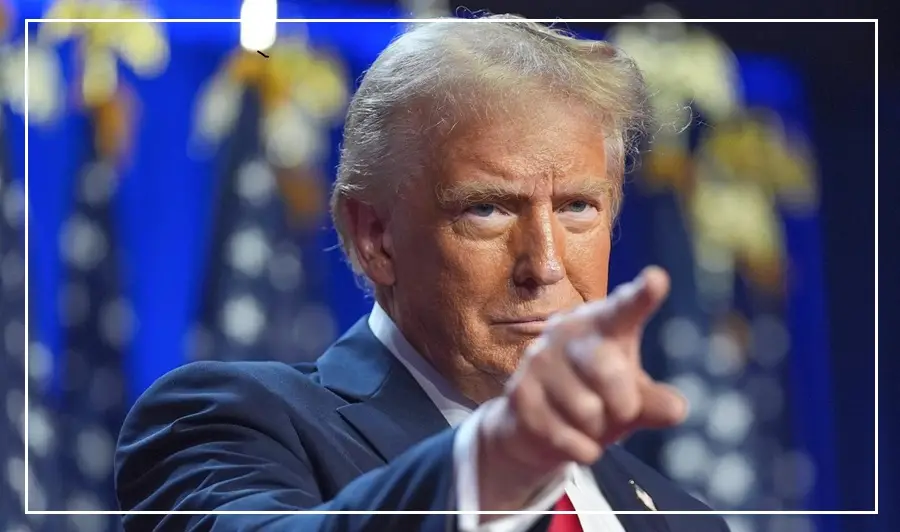The US government has officially removed the ‘de minimis’ exemption, which earlier allowed goods worth under $800 to be shipped into the US without paying tariffs.
Now, all imports—regardless of value—must go through US Customs and Border Protection (CBP) and pay any required duties.
This move aims to improve customs checks and tighten import rules.
Over 30 Countries Suspend Shipments to the US
As a result of the change, more than 30 countries have paused their postal services to the US, saying they don’t yet have systems in place to calculate and send the required tariffs.
Countries that have stopped shipments include India, France, Japan, Germany, Australia, South Korea, Italy, Spain, Sweden, Switzerland, Taiwan, Thailand, and Mexico, among others.
The Universal Postal Union (UPU), which manages cooperation between the postal systems of 192 countries, warned that the US’s new rule would require “major operational changes.”
So far, at least 25 member countries have already stopped their US-bound postal services, and others are expected to follow.
Private Couriers Also Affected
Big courier companies are also making adjustments. DHL has placed temporary limits on packages headed to the US due to uncertainty around customs data and duties.
PostNord (which operates in Sweden and Denmark) and France’s La Poste have also suspended shipments, saying there wasn’t enough time to adapt to the new rules.
India Post has stopped sending all types of mail to the US valued up to $100.
Businesses and Buyers Will Be Affected
The suspension is expected to lead to delays in deliveries and higher shipping costs.
While large businesses may manage, small exporters and e-commerce sellers that rely on affordable postal services are likely to suffer the most.
US-based online platforms like eBay and Etsy have already issued warnings to international buyers about possible shipping delays.
According to Professor Li Chen of Cornell University, delivery delays are now unavoidable since each package must go through customs, adding both time and administrative costs.
Why the Policy Was Changed
The original push to end the de minimis exemption began under the Trump administration, which argued that the rule was being misused by traffickers to ship illegal drugs like fentanyl into the US.
Removing the exemption is now part of a broader effort to strengthen import control and improve border security.

























